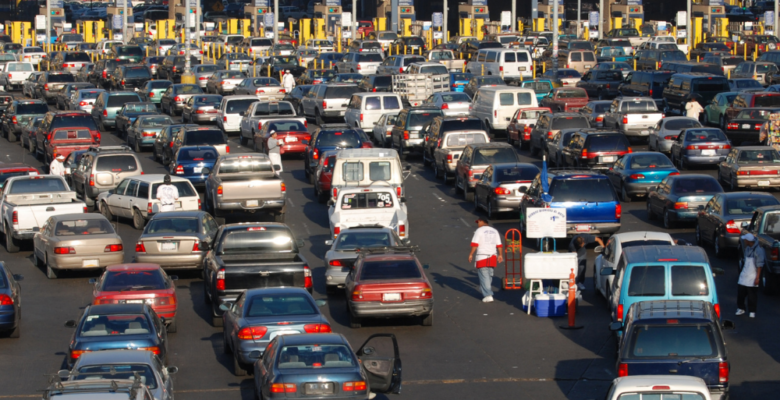Overview
Issue
During 2019, more than six million trucks crossed from Mexico into the United States through land border crossings, handling goods that are important inputs to U.S. manufacturing and for personal consumption. The truck border crossing process is a constant, complicated, extremely high volume means of international trade involving multiple stakeholders, and border wait times have large economic impacts.
Objective
Current available border wait time information, from a radio frequency identification (RFID)-based system developed by the Texas A&M Transportation Institute (TTI) is useful for planning and operations and can be used to analyze the economic impact of truck border crossing delays and disruptions to the U.S. economy.
Value Proposition
The economic impact assessment tool helped DHS Customs and Border Protection, policymakers and other stakeholders measure and quantify the economic impacts that regular delays or unexpected events cause when disrupting the regular operations of the border crossing process. This also helped in identifying and prioritizing actions to prevent or dampen undesired economic impacts.
Video: Digital tools for assessing border-crossing truck shipment delay and disruption impacts
Project leadership

Principal Investigator
Juan Villa, M.S., Texas A&M Transportation Institute division scientist research head, Mexico City
Co-Principal Investigator
Mario Monsreal, Ph.D., Texas A&M Transportation Institute research scientist, Bryan-College Station


